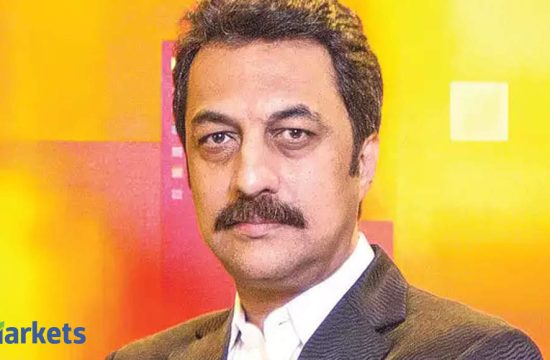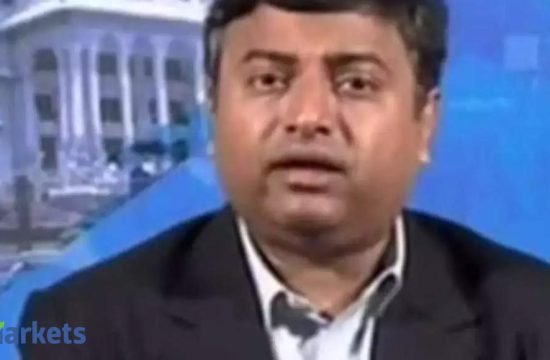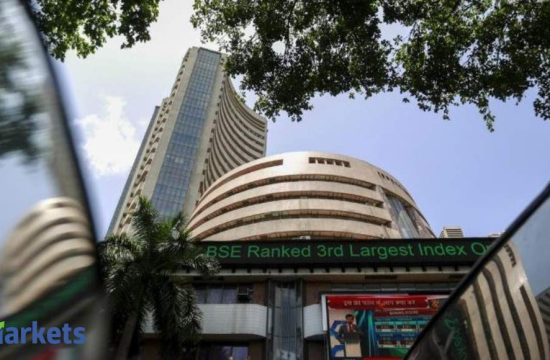
Once a few disinvestments are done, the market’s faith in the rest of the pack will also go up, says Vikas Khemani, Founder, Carnelian Capital Advisors.
What are your thoughts on not just the oil sensitives but also the entire PSU pack at large?
The Budget set out the direction for disinvestment and this time the finance minister used the word “privatisation†which means they are a lot more ready for strategic sales and they have already announced their intention on different forums. So this is the faith which the market is keeping with the government and there is no question that there is a lot of value in most of the PSUs because they have been incredible businesses with a lot of depreciated value sitting in them and most are great franchises. The private sector could create a lot more value out there.
We have seen how public sector banks have destroyed value over a long period of time. So the market is taking some comfort post Budget that the PSUs will get divested and some value will get uncovered. We will see PSUs doing well. Once a full-fledged disinvestment happens, that will reinforce the market’s faith in the process and the value unlocking will happen only through disinvestment programme.
The other worry point has been the agri inflation. Everything from milk, sugar, wheat prices and other essential commodities are seeing a spike. How is that going to affect FMCG companies? Will they pass it on to consumers? Either margins or volumes will be hit!
There are multiple angles to it and I do not think agri price inflation is very large. We have had it for a long period of time, clearly benign agri inflation but the point towards input prices or raw material prices is very valid. It has two elements; one is the short term supply chain disruptions and because of that, many raw material prices have gone up.
The second part is that in general, commodity prices are going up and because of that, a little bit of sustainable commodity prices or input prices are going up. In totality, it may not be very significant now.
If this continues in this form at some point in time, there will be worry. But my belief is that in a quarter or two, either new capacities will come up or the supply chain disruptions will get sorted out. So, there will be some sort of cooling off of the input prices across the board.
Along with that, as long as there is reasonably good growth and the ability to pass on the increases in a good growth environment, the demand will remain a little robust. The higher costs also can be partially passed on. I personally feel that it is not as such a big concern at this point in time but one should always be watchful and careful about the market developments.
Inflation is one of the biggest worries of the market because that will also input into the interest rates and RBI action but as the regulator has clarified, it is not a worry at this point in time and we also believe that based on our inputs and interactions with the companies and based on our own assessment of the input prices, at this point in time, it is reasonably under control.
Are you comfortable when it comes to the privatisation theme? BEML’s name is floating around. Are you betting on some of these PSU stocks or is it a sector you would prefer to steer clear from?
This time around, the intent of the government seems to be very well in place. They are looking to divest seriously and so to that extent, it is positive and probably once a few disinvestments are done, the market’s faith in the rest of the pack will also go up so to that extent I think looking positive.
But we do not do much PSU investing. We have a small opportunistic basket where we can end up doing that but otherwise structurally we do not invest unless they have changed hands. As for BEML, we believe a new management will put the businesses into a new growth trajectory. We are convinced about the future outlook of that company under a new management. Once that happens, we will take the call and discuss. Otherwise we tend to avoid PSUs as a basket.









